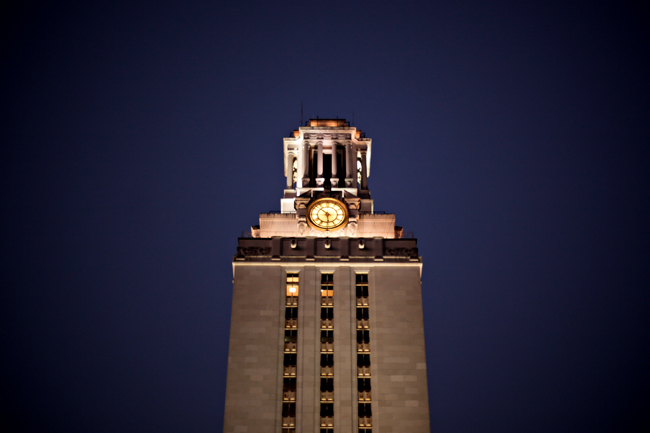While many underclassmen are still waiting to register for next semester’s courses, athletes of all classifications already registered a week ago. Although some students feel disenfranchised by the priority given to student-athletes, this privilege is an important policy for facilitating accessibility to education. The nature of college sports inherently complicates students’ balance between team obligations and cultivating the academic skills necessary for success in the workforce. However, this nature can change. Not only are measures to make the student-athlete experience more manageable necessary, but the NCAA and universities nation-wide must also implement systemic change to support balanced educations.
Although student-athletes join teams knowing very well of the extensive time commitments, the obligations can make taking advantage of educational opportunities impossible. Practice, mandatory workouts and games add up to an average of 40 hours per week, leaving little time to study. NCAA statistics show that 84 percent of student-athletes now graduate within six years, but a diploma is not necessarily representative of much. As the UNC Chapel Hill scandal revealed, athletes don’t always have the opportunity to reach their full academic potential, and genuine learning is seen as an obstacle to eligibility.
Universities are places of learning. Certainly, they should also facilitate activities that help prepare students for adult life, something competitive sports generally do. Camaraderie, leadership skills and responsibility are all important parts of a college experience and can all be gained while participating on a collegiate team. But since most who play on college teams face very low odds to go pro, teams should not be the sole focus of the college experience. ‘Student’ should come before ‘athlete,’ an idea that is not currently reflected in the institutions that make college sports possible.
Micaela Beussman, a first-year student on the UT novice rowing team, finds that performing well in class while also making it to practices and competitions on time is difficult.
“With my schedule, I often have to wait to start assignments until after I get back from our evening practices, as I usually go to practice right after my last class of the day,” Beussman said in a Facebook message.
Unfortunately, this intensity is inextricable in college sports. With competitions to prepare for, coaches have no choice but to jam-pack schedules with extensive practice. Policies such as priority registration undoubtedly mitigate the apparent issues, but there are only so many hours in the day, and it is difficult to allow enough time for productive academic efforts.
College sports are a huge part of American culture and should not dissolve anytime soon. But administrators need to be reminded that their athletes are also students. Systemic change needs to be implemented. Not only do the NCAA limits on practice need to be observed, but independent school administrations must also take extra steps to enforce them. If universities are serious about promoting student-athletes’ educations, they will take steps to reduce the number of games that teams compete in. Steps to give more flexibility in scheduling games and other competitions and to make conferences more accommodating for students’ studying are crucial.
Larcher is an economics and Plan II freshman from Austin. Follow her on Twitter @veg_lomein.





















